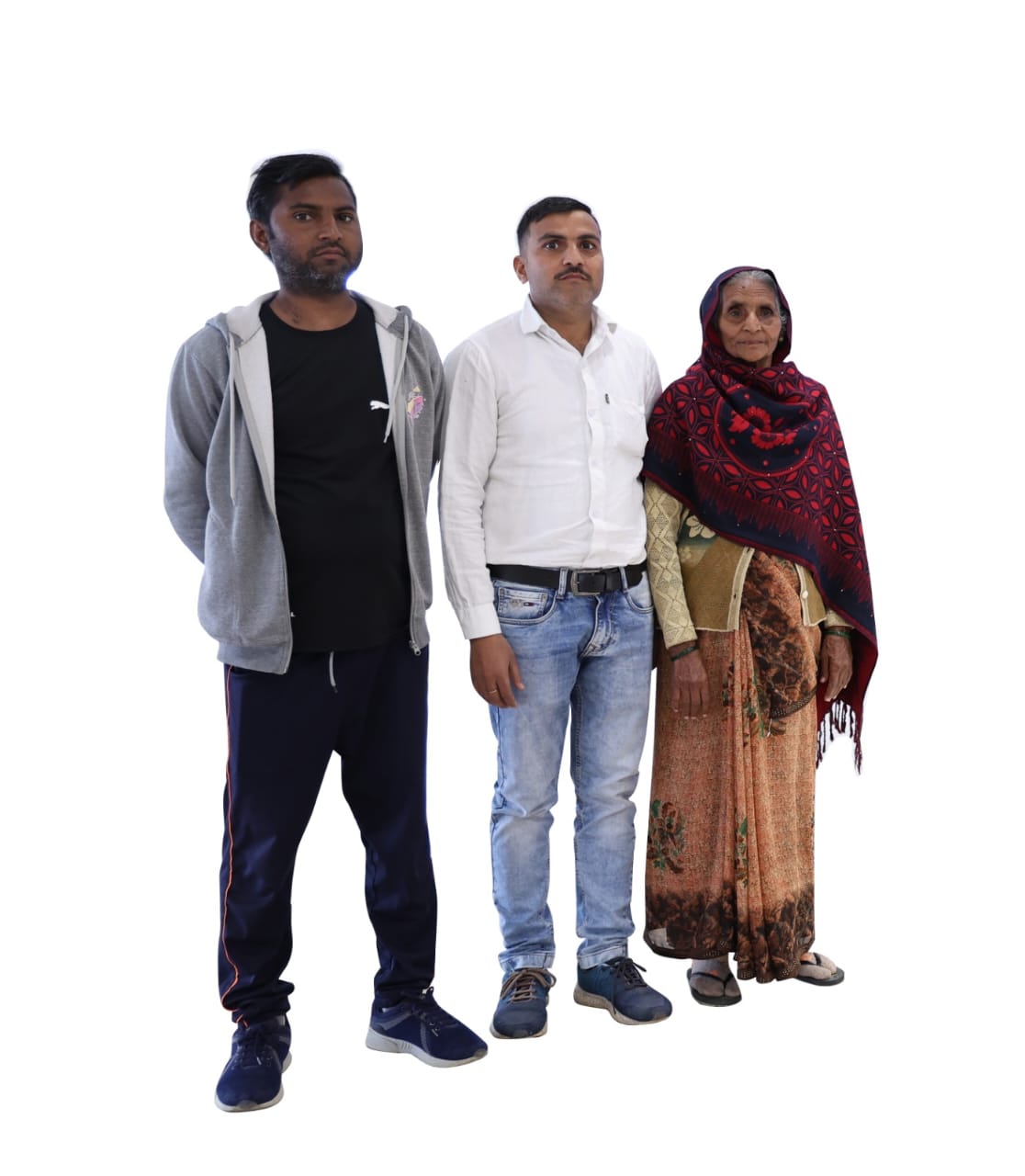
Gurugram: Miraculous Kidney Transplant Gives New Life to 27-Year-Old-Man
In a heart-warming tale of medical triumph, 27-year-old Neeresh Kumar from Uttar Pradesh has been given a second chance at life thanks to a remarkable kidney transplant performed at SHALBY Sanar International Hospitals in Gurugram.
On the occasion of Doctors' Day, this case exemplifies the invaluable role of doctors and why they are often regarded as next to God.
The life-saving procedure was made possible by the selfless donation of a kidney by his mother, showcasing not only the power of medical science but also the profound love between a mother and her son.
Neeresh had been struggling with Chronic Glomerulonephritis (CGN) and Chronic Kidney Disease Stage 5D (CKD5D), and his condition had worsened significantly in the past three months.
Suffering from generalised weakness, anorexia, vomiting, and pedal oedema, he sought medical help at a local hospital, where he was diagnosed with renal failure and started on dialysis. The medical team advised that a kidney transplant would be essential for a better quality of life. His mother volunteered to donate one of her kidneys, and they opted for treatment at SHALBY Sanar International Hospitals.
At the hospital, they met Dr. Amit Kumar, Director & Head of the Department of Nephrology & Renal Transplant, and Dr. Sumit Sharma, Director & Head of the Department of Urology, Robotics & Renal Transplant. Dr. Kumar explained the transplant process and initiated a thorough evaluation of both Neeresh and his mother.
Although both were suitable for the procedure, cross-matching tests revealed that Neeresh had antibodies against his mother's HLA antigens, posing a substantial risk of hyperacute rejection or antibody-mediated rejection.
Advancements in transplant procedures, however, have made such operations feasible through desensitisation. This technique involves administering specific injections and medications to reduce antibody production in the recipient’s body, followed by plasmapheresis to decrease antibody levels further.
The medical team explained the desensitisation protocol and its associated risks to Neeresh and his family, who agreed to proceed with the treatment. The protocol was carefully implemented, and Neeresh eventually underwent a successful kidney transplant under the guidance of the Kidney Transplant Team.
"The transplant procedure itself was uneventful and free of complications," stated Dr. Sumit Sharma. "It has now been four to five months since his transplant, and his creatinine levels remain well within normal limits. He has regained his strength and is living a normal, healthy life, free from the symptoms that once plagued him."
Neeresh's case highlights the expanding horizons in kidney transplantation, especially for patients with HLA incompatibilities.
"The successful implementation of the desensitisation process at SHALBY Sanar International Hospitals offers hope to many patients who might otherwise be considered unsuitable for transplantation," concluded Dr. Amit Kumar. "This case underscores the importance of ongoing research and advancements in medical procedures, pushing the boundaries of what is possible in organ transplantation."